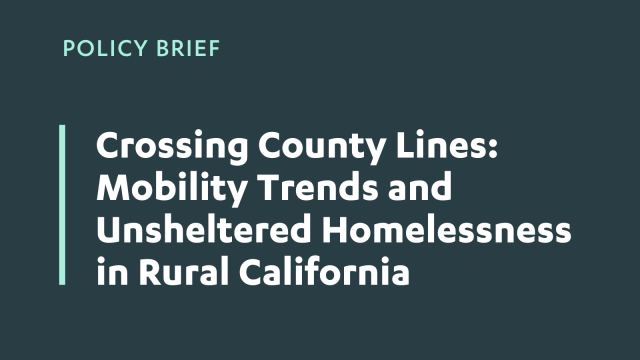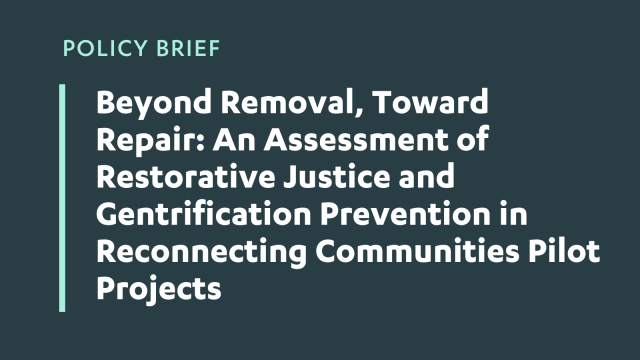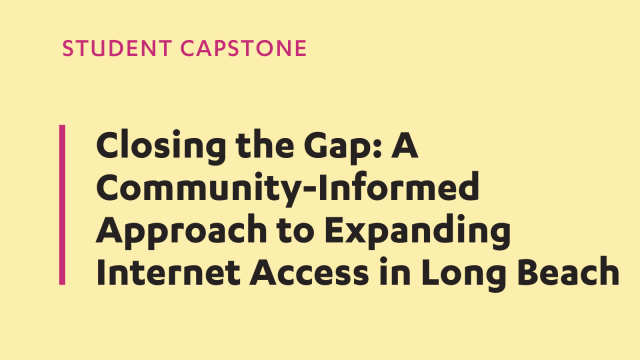Transportation Challenges to Healthcare: Evaluating the Transportation Needs of Patients at Saban Community Clinic
People without adequate transportation can often have trouble getting to medical appointments and miss or delay their care (Syed et al., 2013). In 2017, 5.8 million people delayed or missed medical appointments due to a lack of transportation options (Wang 2021; Wolfe et al. 2020). This report evaluates the transportation challenges faced by patients seeking care at one of the Saban Community Clinic (SCC) locations. SCC is a Federally Qualified Health Center (FQHC) that provides healthcare to patients who are underinsured or without insurance to a predominantly Latinx population. This report explored SCC patient transportation needs by examining the spatial patterns of patient residential locations, surveying patient transportation needs, and evaluating an SCC effort to reduce transportation barriers by offering free Lyft rides to patients. Findings reveal that unreliable transportation options in addition to lack of affordability and limited accessibility results in transportation difficulties for patients at SCC. Despite these challenges, many patients continue to seek care at SCC because they value the quality of service. Increasing flexibility around appointments, diversifying transportation funding, expanding care to patients living further away from current SCC sites, and working with local transportation providers are strategies SCC can pursue to address patients’ transportation challenges. The research provides insights into how healthcare and insurance providers and transportation agencies can best improve access to healthcare for patients similar to those served by SCC.



